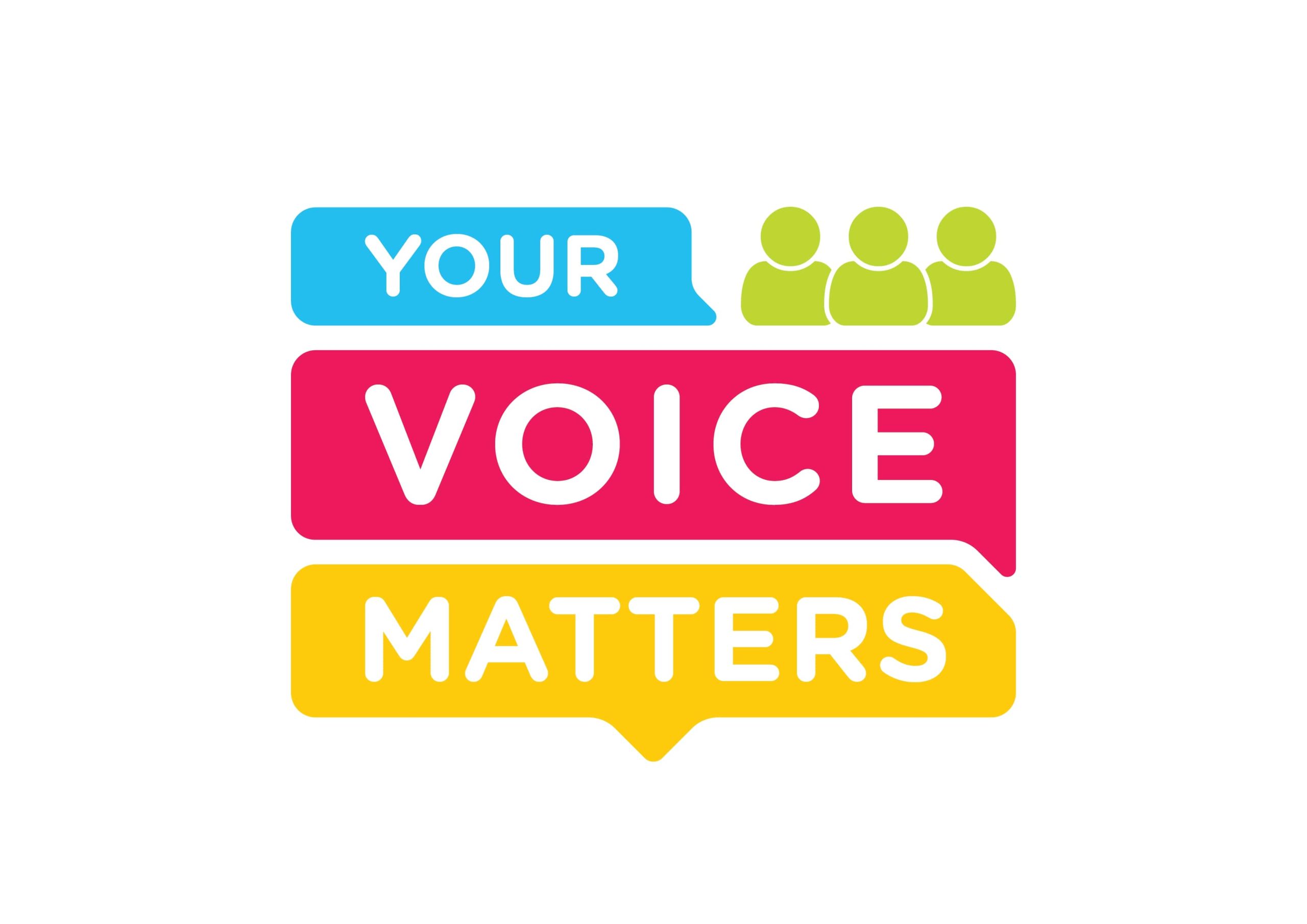Globally, mental health concerns are becoming increasingly prevalent. Recent data from the United Nations has highlighted that nearly a billion individuals are grappling with some form of mental health condition.
Concerningly, the Covid-19 pandemic has further exacerbated this issue, contributing to a significant rise of 25% to 27% in the prevalence of depression and anxiety across the world.
The World Health Organization (WHO) paints an equally alarming picture, stating that approximately 20 per cent of the world’s children and adolescents are dealing with mental health issues, with suicide a leading cause of death among those aged between 15 to 29.
The societal and economic impact of this crisis is staggering, with the World Economic Forum projecting mental health conditions will cost the global economy US$6 trillion by 2030.
Closer to home, the National Health and Morbidity Survey 2015 reveals that one in three Malaysians are living with a mental health condition at some point in their lives.
Unfortunately, only one out of five Malaysians seeks professional assistance due to factors such as the stigma surrounding mental health, a lack of awareness regarding available services, and financial constraints.
There is an immediate need to address these challenges to improve the mental wellbeing of the people.
What Is Digital Mental Health?
Digital mental health refers to the use of digital technologies and electronic platforms to provide mental health services, including assessment, treatment, education and more.
Some examples are online therapy, self-help mobile applications, and also support groups.
Online therapy enables individuals to connect with therapists via video calls, phone calls or text-based chats. Self-help apps offer features like mood tracking and cognitive-behavioral therapy exercises.
Support groups provide people with the platform to connect with others who share similar experiences. In the digital age, these resources are a tap away on smartphones, or a click of the mouse, allowing users to access these services without leaving their homes.
Does Digital Mental Health Exist In Malaysia?
The short answer is yes; digital mental health services are gaining ground in Malaysia. In 2020, the Malaysian government launched the National Strategic Plan for Mental Health Blueprint, which includes the development of a screening tool for children and adolescents.
In the private sector, several health tech startups offering mental health services have emerged in recent years. While digital mental health remains a relatively new field, it is growing rapidly.
How Can Digital Mental Health Help Us?
Digital mental health solutions are potent tools for addressing the stigma surrounding mental health, bridging the awareness gap, and providing the rakyat affordable, convenient and scalable services. Some platforms allow individuals to seek help while maintaining anonymity, reducing the fear of judgment.
Additionally, digital mental health breaks down geographical barriers, saving users time, money, and the hassle of travel. Research has shown that video conferencing sessions are as effective as in-person sessions in managing mental health conditions.
What Are The Concerns With Digital Mental Health?
Certainly, there are valid concerns to consider with digital mental health. At present, there is no single act regulating telemedicine in Malaysia, which means the provision of such services must comply with existing legislation and accompanying regulations, for example the Medical Act 1971 and Good Medical Practice 2019.
Moreover, ensuring data privacy and security is crucial, as inadequate security measures can lead to data breaches, putting users’ private information at risk.
Furthermore, not everyone has access to technology, and many Malaysians may not be tech-savvy enough to use digital mental health services, potentially exacerbating inequalities in access.
It is vital to ensure digital mental health services are evidence-based and adhere to rigorous ethical standards.
What Can Be Done To Improve Digital Mental Health In Malaysia?
That being said, the potential of digital mental health in Malaysia is vast, and it can be harnessed effectively.
The integration of digital mental health into the existing healthcare system is a good first move – an example is the incorporation of the Whooley Questions and a speed dial option to Talian HEAL in the Minda Sihat tab of the MySejahtera app. This greatly improves access for the rakyat.
However, if you were baffled by the previous paragraph, then you will have arrived at my second point: raising awareness about existing digital mental health services is crucial.
If the public does not know of existing services, they will not be utilising them. Public awareness campaigns can inform people about available resources and upcoming services.
Looking ahead to Budget 2024, we urge the government to provide tax breaks to digital mental health startups, as well as subsidies to the rakyat who utilize teletherapy and similar services. This would make these services more affordable, and encourage its uptake among the rakyat.
In conclusion, digital mental health has the potential to revolutionise mental health care in Malaysia. Let us proceed with caution, accelerating its growth while ensuring mental health care services are accessible, available, and affordable to all.
Dr Aw Tsung Wai is the Chief Mental Health Officer at TeleHope Health.
- This is the personal opinion of the writer or publication and does not necessarily represent the views of CodeBlue.





